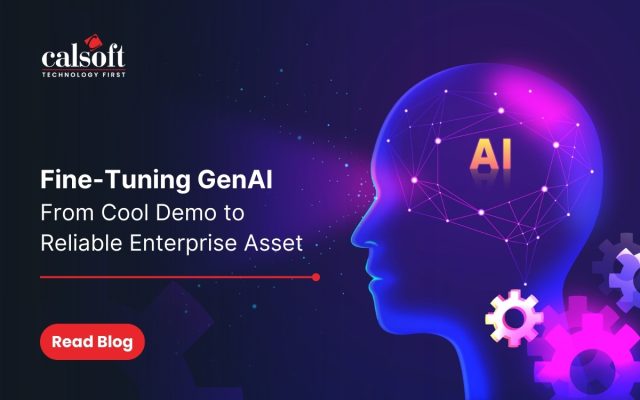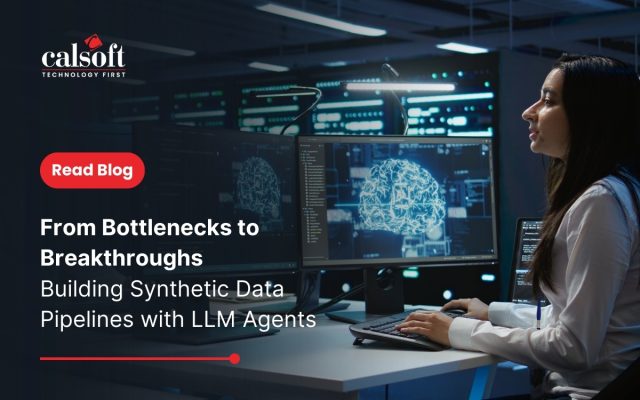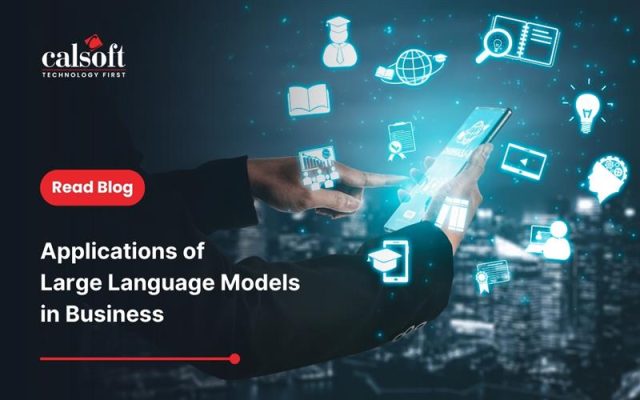Calsoft brings extensive experience in testing across the domains of storage, networking and virtualization space with over 16 years of experience working with various sized ISV’s. Our unique proposition help product companies/ISV’s to achieve test quality parameters by working on both traditional and cutting edge technologies like Agile model that focuses on people, processes, tools, and methodology; behavior driven development and testing driven development.
Calsoft also has a strong understanding of interoperability testing across vendors and on premise and cloud based deployment testing.
The amount of data which is being generated today by various devices, apps and the Internet has created the need for efficient storage technologies and is fueling the proliferation of new tools and technologies in the storage industry.
The good news is that the VC community is willing to invest in Storage industry – in fact, it is being termed as an investment magnet. According to CB Insights data, in 2014, Enterprise Storage Startups raised $1.62B and the year 2015 continues to look attractive.
The storage industry product development seem to follow a common pattern – A startup would pioneer a new market and build innovative technology to address a very specific need of that market. Once it reaches a certain mark (say $50 million to $100 million annual run rate), one of the established vendors would acquire it.
Let’s look at some of the interesting M&As in the storage industry in the last 6 months –
Storage System and Software
- Brocade Acquires Riverbed SteelApp Business AssetsBrocade’s software networking portfolio for New IP data center deployments gets a boost with acquisition of the SteelApp product line. SteelApp, one of the top virtual ADCs, offers scalable, secure, and elastic delivery of enterprise, cloud, and e-commerce applications to users on cloud or data center.
- HGST Acquires AmplidataHGST, the developer of advanced hard disk drives, enterprise-class solid state drives, external storage solutions and services has acquired Amplidata. Amplidata offers Himalaya software which is a platform for scalable, secure and flexible storage services and solutions. It allows users to store and manage large volume of data and stored objects in highly durable and available storage.Through this acquisition, HGST aims to expand into higher value storage platforms and systems to address the growth in storage requirements in cloud data centers.
- Lenovo Acquires IBM’s Entire Storage BusinessLenovo Group has acquired all the storage business of IBM including IBM Storwize family, including IBM XIV, IBM SONAS, IBM System Storage DS8000, IBM Spectrum Storage, FlashSystem, and associated software.
- Silicon Motion Acquires China’s Shannon SystemsSilicon Motion Technology Corporation, in NAND flash controllers for SSD devices, acquired Shannon Systems. Shannon is a supplier of enterprise PCIe SSD and storage array solutions to Internet and other industries in China.
- IBM Acquires Blue BoxIn line with IBM’s plans to deliver flexible cloud computing models, IBM has acquired Blue Box, which provides businesses with a simple, private cloud as a service platform, based on OpenStack. Blue Box will allow IBM to help businesses rapidly integrate their cloud-based applications and on-premises systems into OpenStack-based managed cloud.
- Skyview Capital Acquires EMC’s SyncplicitySkyview Capital has acquired EMC’s Syncplicity enterprise file sync and share business. Syncplicity is an online file sharing and mobile collaboration solution that gives organizations flexibility through its hybrid approach. It offers the flexibility and control to the IT departments to determine whether files should be stored in the cloud or in an on-premise storage array.
The increasing demand for deploying applications on Cloud has enforced the need for a well-planned storage architecture which can ensure reliable, cost-effective and secure availability of data and applications when deployed on Cloud.
Virtualization Technologies
- Citrix Systems Acquires SanbolicSanbolic’s workload-oriented storage virtualization technologies allow customers to optimize the delivery of application-specific workloads, from any media type such as SSD, flash and HDDs in NAS, SAN, server-side and cloud deployments and improve the storage load balancing and application availability.Along with Sanbolic’s technologies and its XenDesktop, XenApp and XenMobile products, Citrix plans to improve the economics and reduce the complexity of Windows application delivery and VDI deployments.
- EMC Acquires Virtustream<With Virtustream, EMC is equipped with a comprehensive hybrid cloud portfolio – it is capable of supporting all applications, all workloads and all cloud models, intends to allow its customers move all applications to cloud-based IT environments.
Enterprise customers are currently transitioning from client/server applications to other platforms such as virtualization, cloud, mobility and data analytics. These things are affecting how the applications run, and where and how the data associated with the applications is stored. In this workload and storage heterogeneity, enterprises are looking for an agnostic approach to storage product and technologies.
Backup and Recovery
- Multiple acquisitions by j2 Global
j2 Global, the provider of Internet service, has acquired multiple companies all over the world for its cloud Services Division.
These companies include Arion IT Limited (Online backup), Quantum RBS Inc. (Cloud backup and recovery), Technology Partners LLC (Data protection, backup and recovery), SugarSync (Backup), Opin (Backup), iDrift (Backup), BackupSystems (Backup), and Dobson (Backup).
j2 Global has acquired around 40 cloud backup companies in the past five years.
- Claranet Acquires Techgate and LinuxITTechgate provides highly-available, secure and flexible IT infrastructure services, focusing on BC, DR and backup services.
LinuxIT is an IT services company with focus on professional and managed services for Linux-based applications. It provides end-to-end best practice managed services for the lifecycle of Linux-based technologies – for on-premises as well as hosted.
To know more email: marketing@calsoftinc.com






